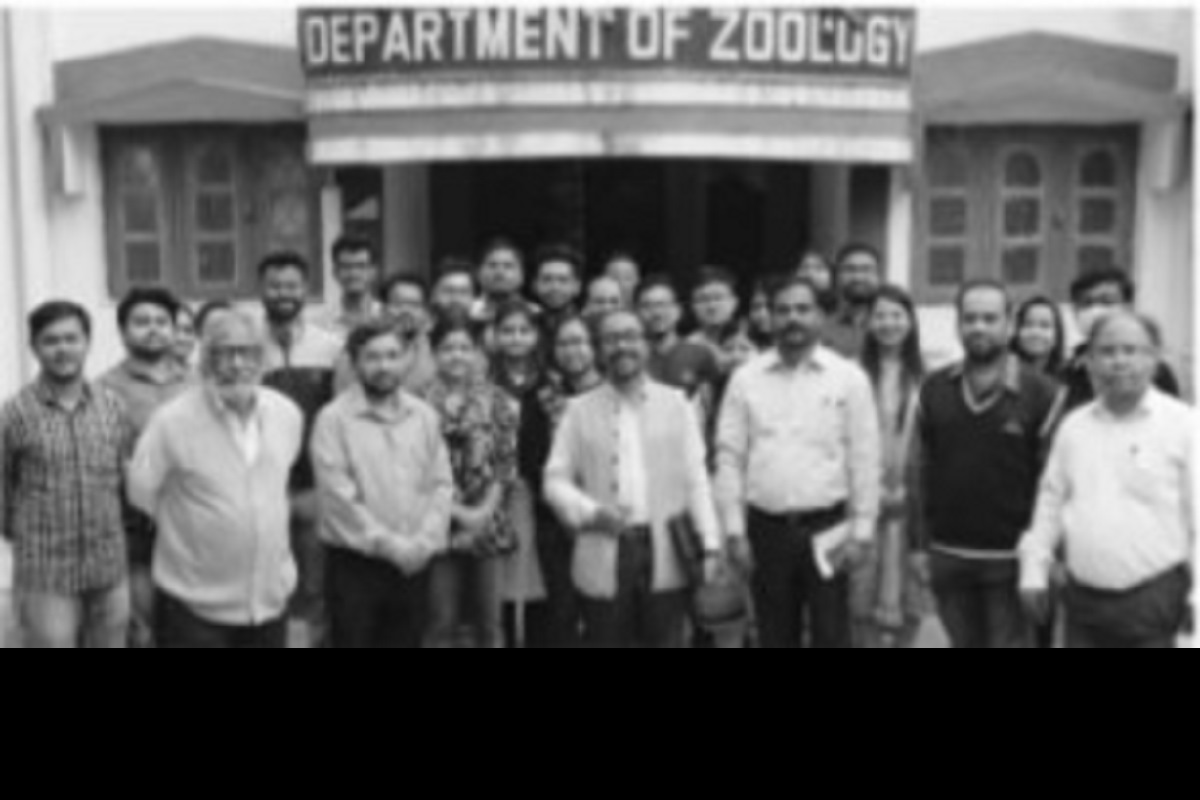School organises gender sensitisation camp
The initiative is aimed to promote gender equality, women’s rights, and social inclusivity in the rural tea-garden community.
Dr Tilak Saha, assistant professor, department of zoology of the NBU, described the event as a thought provoking and motivating scientific session particularly useful for young researchers.

(SNS)
A scientific talk on ‘Epigenetics: Life Beyond Your Genes’ was held at the department of zoology at the University of North Bengal today. The director of CSIR-Central Drug Research Institute, Lucknow, and president of the Chemical Biology Society of India, Prof Tapas Kumar Kundu, delivered a special lecture.
Prof Kundu explained that genetic information (Genes) coded in the de-oxyribo nucleic acid (DNA) are regulators of the structural and functional properties of organisms including plants and animals. Epigenetics though is the science of regulators that operate beyond the information present in the DNA sequence.
Advertisement
“The DNA is just like an elongated thread properly organized as a bundle, in higher organisms. Genetic activity depends on how this bundle opens up and restores back. The field of ‘Epigenetics’ has developed a lot after the discovery of the first histone acetyltransferase (HAT), GCN5, in 1995. The activity of histone modifications (acetylation and methylation) and its role in regulation of the genes are expanding our knowledge of the causes of different diseases like Cancer, gastro-vascular abnormalities, diabetes etc,” he said.
Advertisement
Prof Kundu highlighted that the epigentics referred to the modification of genes without altering the gene sequence. He said this is occurred by the DNA methylation, histone modification, mRNA or other non-coding RNAs. Exercise, nutritional food, clean environment and mental peace can cause epigenetic modification or alteration leading to good health, according to him.
“Any kind of irritation (social, mental and physical), trauma, stress or aggressive behaviour can cause epigenetic alteration and thereby diseases. Hence, targeting epigenetic modification can be a therapeutic solution to neuronegenerative diseases like alzhimers, huntigton’s disease etc,” he said.
Prof Kundu further stressed that HIV infection, obesity can also be treated. Prof Pranab Ghosh, Registrar, NBU, and Prof Subhash Ch Roy, Dean of Science, NBU, were invited as special guests in the scientific session. The head of the department of zoology at the NBU, Dr Dhiraj Saha, welcomed the guests.
Dr Tilak Saha, assistant professor, department of zoology of the NBU, described the event as a thought provoking and motivating scientific session particularly useful for young researchers.
Advertisement